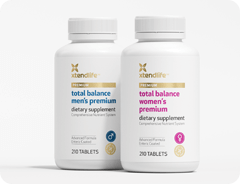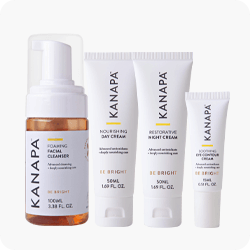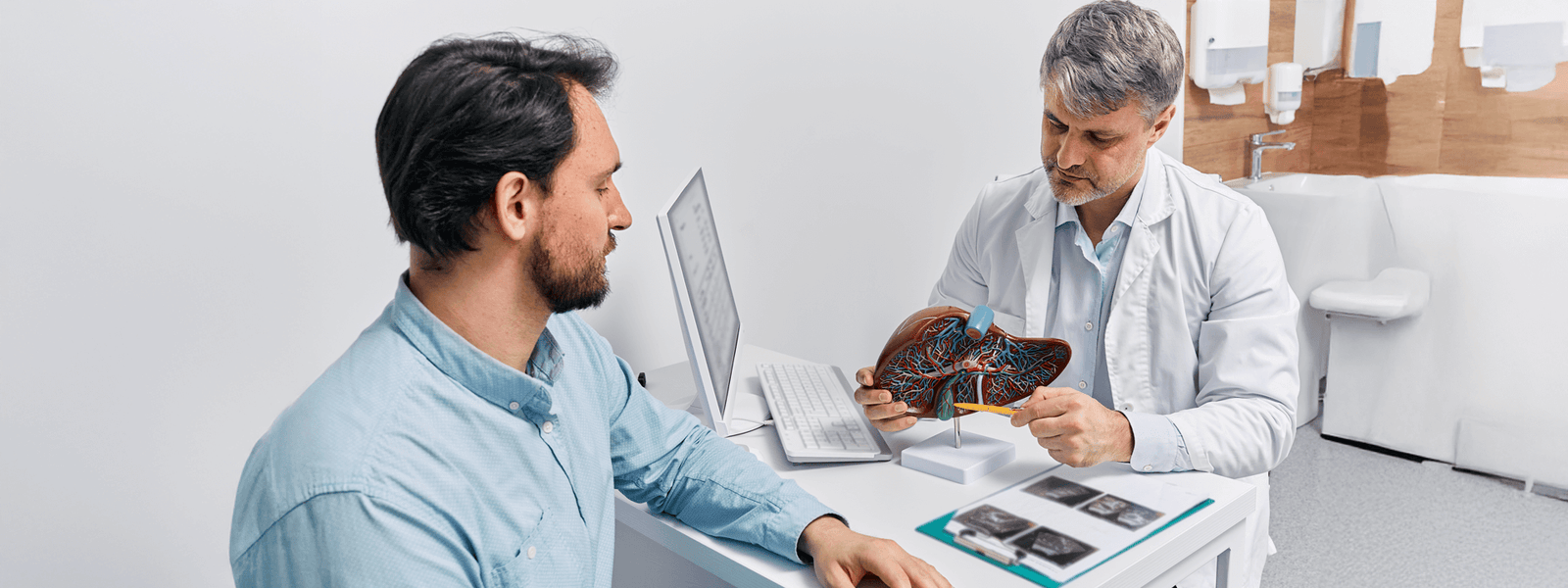We've probably all experienced how, a day after enjoying a meal containing sugar beets, bathroom visits become noticeably more colorful. At first, the striking red hue may alarm us, stirring thoughts of internal health issues. However, beets aren't the only foods that reveal themselves this way during restroom breaks.
The same phenomenon can happen with multivitamins, which often result in vibrant, almost neon-yellow urine (a shade more intense than the usual yellow you might expect—it's hard to miss!).
Once we set aside the initial concerns of looming health troubles, the thought may occur: are we losing all the nutrients from our vitamin regimen in the process?
Fortunately, that’s not entirely accurate.
Fat-Soluble vs. Water-Soluble Vitamins and Their Effects on Urine Color
Vitamins fall into two types: fat-soluble and water-soluble.
- Fat-soluble vitamins (A, D, E, and K) are stored in the liver when consumed in amounts beyond the body’s immediate needs.
- The water-soluble cousins, however – includingvitamin B1 (thiamin),vitamin B2 (riboflavin),vitamin B3,vitamin B6, folate,vitamin B12,biotin,pantothenic acid (vitamin B5) andvitamin C - are flushed out of the body every day after the body absorbs what it needs.
Riboflavin is the vitamin connected to that bright yellow urine. Its distinctive yellow color is hinted at by its name, derived from the Latin wordflavus, meaning yellow or blonde.
Discovered in the 1800s and named in the 1930s, riboflavin is present in most multivitamin formulas. It plays a role in physical development, red blood cell production, and energy conversion from carbohydrates.
However, riboflavin isn’t the only nutrient that can affect bathroom experiences. Too much vitamin C, for example, can cause bright orange urine as excess amounts are expelled.
Lower Quality Supplements Can Lead to Brighter Yellow Urine
Inexpensive “supermarket” supplements often contain large doses of low-quality, synthetic vitamins, while essential, high-quality nutrients may be absent. These excessive synthetic vitamins may act as pro-oxidants, potentially causing harm rather than benefit.
The body may struggle to utilize many low-quality vitamins in these inexpensive supplements, so they are eliminated through urine. Ironically, this means your money is also being wasted on these ineffective supplements.
Comparing Cheap and Quality Supplements for Urine Color
Vitamin C is a good example. Most lower-cost supplements use ascorbic acid, while at Xtendlife, we use a combination of calcium ascorbate and ascorbyl palmitate, superior and pricier forms of vitamin C.
Similarly, riboflavin has a more bioavailable form. Although many assume there’s only one version of vitamin B2 (riboflavin), superior forms do exist. Xtendlife usesriboflavin-5-phosphate, a form that the body can absorb more effectively and consistently. Unlike lower-quality vitamins, high-quality ingredients minimize waste since the body doesn’t have to flush out unnecessary excess.
This yellow or orange urine resulting from poor-quality supplements indicates that the body is struggling to make full use of the ingredients. By choosing Xtendlife’sOmega 3 Range and especially theTotal Balance range, you gain the benefits of maximized bioavailability, efficacy, and value, with significantly less waste as nutrients are thoroughly absorbed.
The Health Takeaway
Your yellow urine reveals one key thing. Your body has taken what it can from the vitamins that you took earlier in the day, and the rest cannot be used due to their excess amounts and inferior quality.
Taking a superior supplement such asTotal Balance orMulti-Xtra will ensure that your body has enough riboflavin, vitamin C and more in order to function at its best – every day.
Add Total Balance to Your Daily Routine
Containing all the bio-active vitamins, minerals, nutrients, and herbs to nourish your cells.
Learn More
Reference:
- http://www.ext.colostate.edu/pubs/foodnut/09312.html
- http://www.todayifoundout.com/index.php/2013/09/why-do-vitamins-make-urine-bright-yellow/
- http://www.nlm.nih.gov/medlineplus/ency/article/002411.htm


 Supplements
Supplements Superfoods
Superfoods Bundles
Bundles









